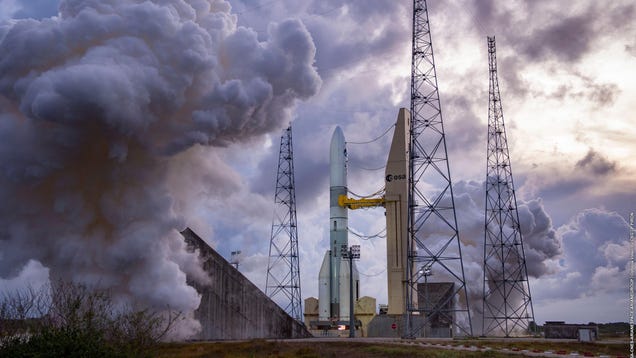
The European Space Agency (ESA) has successfully conducted a full-scale rehearsal of its new Ariane 6 rocket at Europe’s Spaceport in French Guiana, marking a significant step towards the launch vehicle’s first flight.

The European Space Agency (ESA) has successfully conducted a full-scale rehearsal of its new Ariane 6 rocket at Europe’s Spaceport in French Guiana, marking a significant step towards the launch vehicle’s first flight.
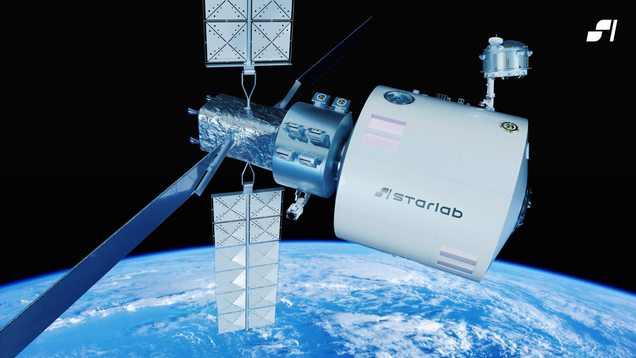
In an effort to secure precious access to low Earth orbit, the European Space Agency (ESA) signed an agreement with Airbus and Voyager Space for the use of their commercial space station which is currently under development as a replacement for the International Space Station (ISS).
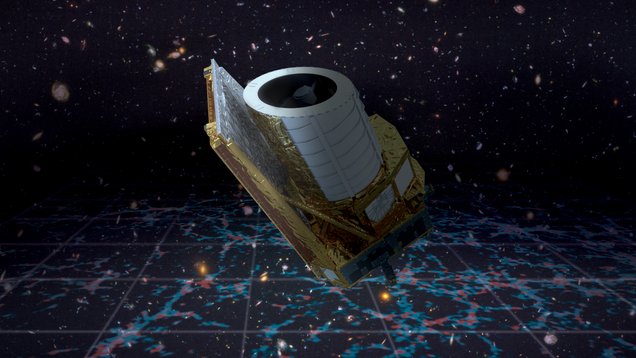
The European Space Agency’s $1.4 billion Euclid space telescope is charged with revealing the dark universe—the 95% of the cosmos we don’t see. On Tuesday, the telescope’s first images will be revealed live.
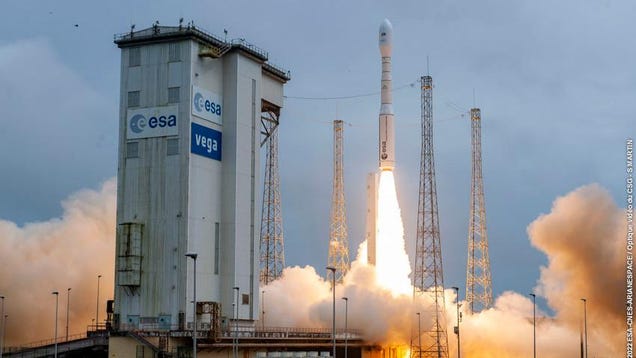
After a disheartening failure in December 2022, the return flight of Europe’s Vega-C rocket has been pushed to late 2024. The delay, just revealed by the European Space Agency, stems from a required redesign of the rocket’s motor nozzle.
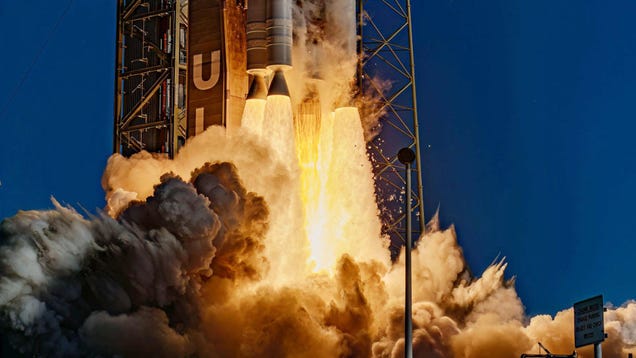
The summer season has ended, but spaceflight continues to be hot, with new views of our Moon and Jupiter’s moon Io, the much-anticipated return of an astronaut and an asteroid sample, and important new rocket engine tests, to name just a few of the many moments that captured our attention in September.
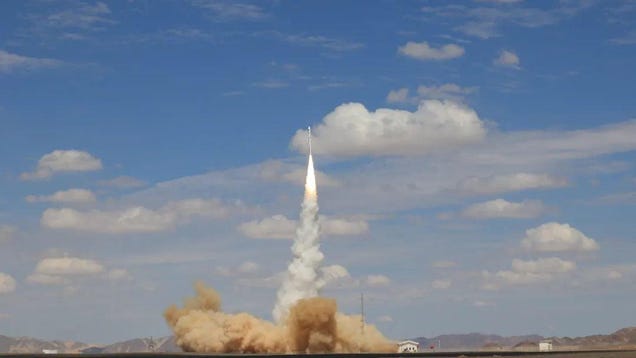
It was an unfortunate week for the rocket industry, with three distinct setbacks occurring and challenging the plans of three different aerospace companies across the globe.
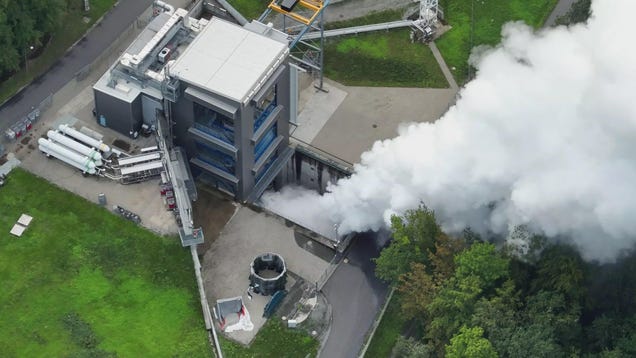
Following numerous delays and technical hiccups, the Ariane 6 rocket is undergoing a series of tests that could finally determine a launch period for the heavy-lift launch vehicle at some point next year.
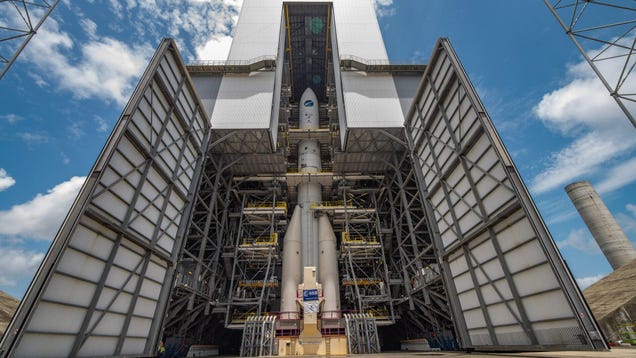
The highly anticipated debut of the Ariane 6 rocket will not happen this year as the European Space Agency (ESA) grapples with getting its heavy-lift launch vehicle off the ground.
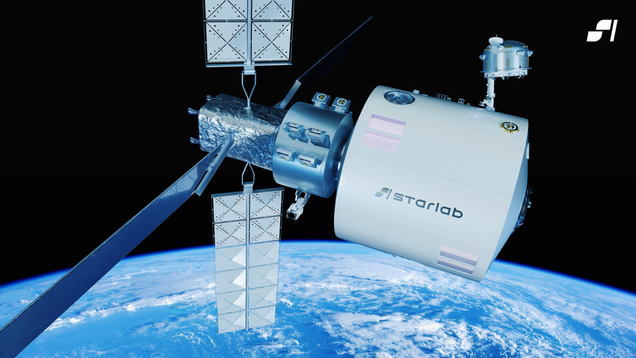
Colorado-based company Voyager Space is collaborating with Europe’s Airbus to build a commercial space station in low Earth orbit that will succeed the International Space Station (ISS) following its retirement.
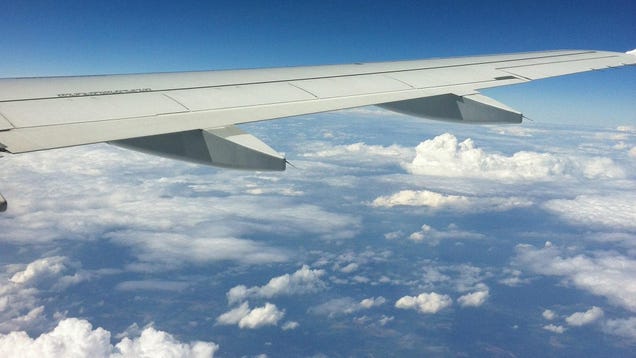
Flight tracking data may soon come from space with the design of a new aviation surveillance system that will rely on satellites in Earth orbit.